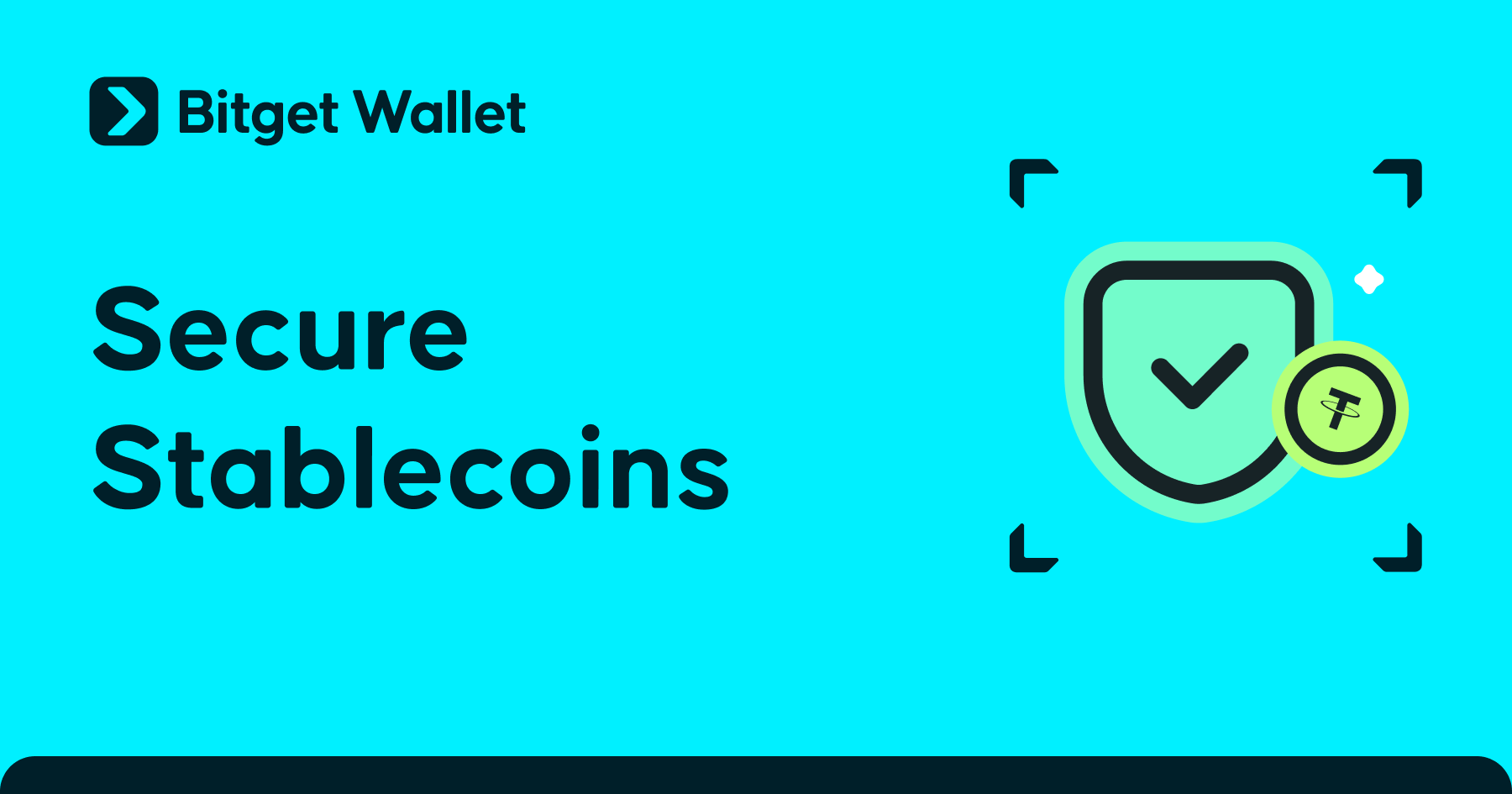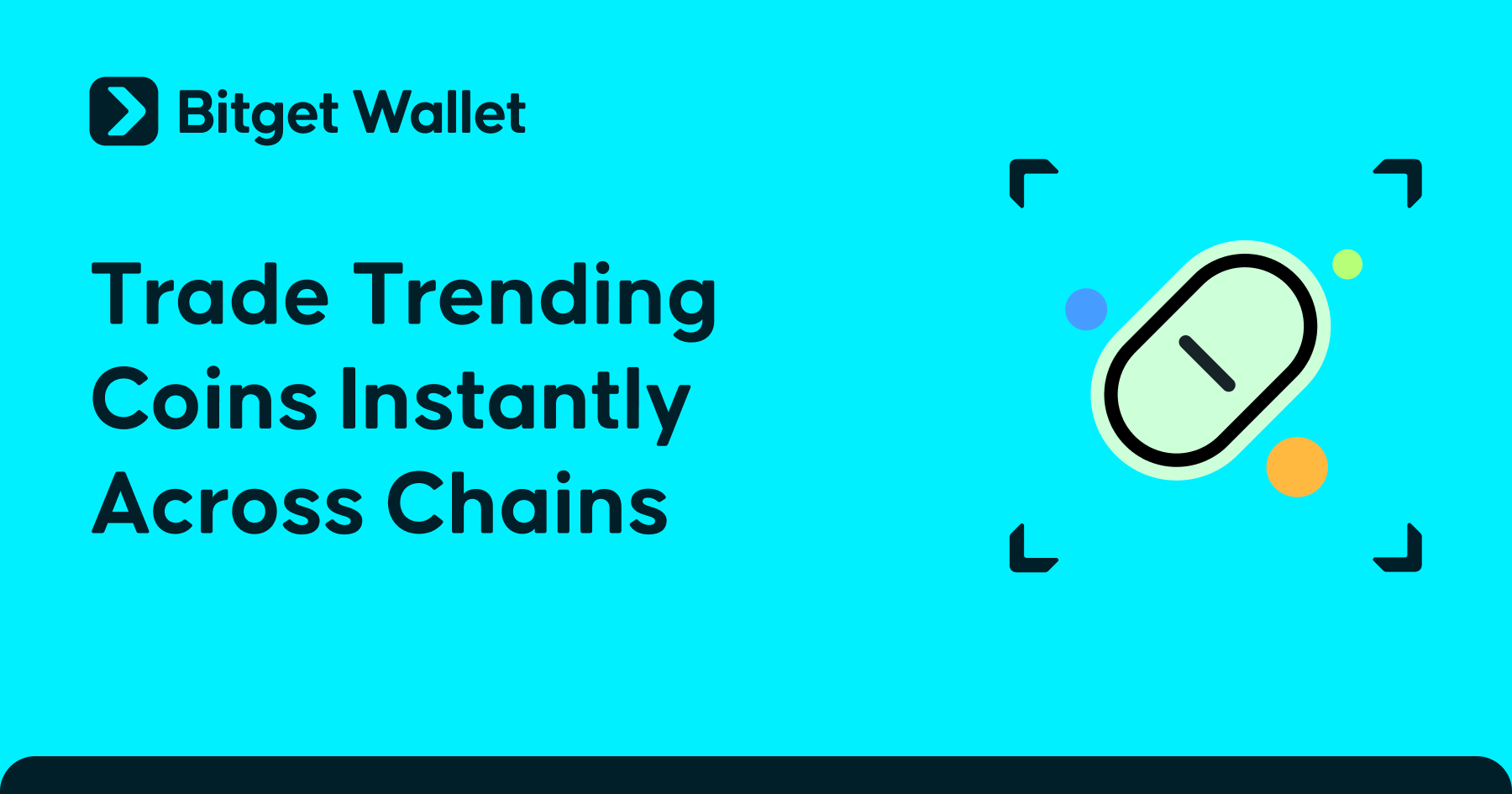What is Zero-Knowledge Proof (ZKP)?
Imagine David possesses the secret recipe for the world's best spaghetti bolognese and wants to sell it to John. John needs proof that David has the recipe without exposing its contents.
A ZKP ensures that David indeed possesses the recipe without disclosing its details. Here’s how it works:
John and David agree that to prove he has the recipe, David will cook the pasta and John will taste them (the challenge). David repeats this process several times. If each batch tastes like the world's best spaghetti bolognese, John can confidently conclude that David has the recipe.
ZKP in Crypto and Web3
Using the above analogy, we can generalize ZKP in the cryptographic world.
- Parameters and Algorithms: The prover and verifier agree on cryptographic parameters and algorithms.
- Cryptographic Commitment: The prover generates a cryptographic commitment representing the statement’s validity without revealing its actual content.
- Random Challenge: The verifier challenges the prover randomly.
- Response Generation: The prover responds to the challenge based on the committed statement.
- Verification: The verifier checks the response against the challenge and commitment to verify the statement’s validity.
These steps can be iterated multiple times to establish the statement’s truth with high confidence. Fundamentally, ZKPinvolve three main stages: Commitment, challenge, and response.
Why ZKP matters
The utility of ZKPs revolves around two key factors: privacy and scalability.
In today’s world, privacy differs significantly from transparency. Many real-life scenarios necessitate anonymity and data protection, countering the widespread data monetization by large corporations.
Types of ZKP
Zero-knowledge proofs come in various forms, notably:
- ZK-SNARKs: Zero-Knowledge Succinct Non-Interactive Argument of Knowledge. These proofs require no interaction between prover and verifier, are succinct (small proof size), and offer fast verification using elliptic curve cryptography and a trusted setup.
- ZK-STARKs: Zero-Knowledge Scalable Transparent Argument of Knowledge. Similar to SNARKs but using hash functions instead of elliptic curves. Unlike SNARKs, they don’t rely on a trusted setup, ensuring transparency and post-quantum security.
While similar in name, SNARKs and STARKs differ significantly, akin to distinguishing Star Wars from StarTrek.
ZKP as a Pivotal Tool
Zero-Knowledge Proofs (ZKPs) enables one party to verify the truth of a statement without revealing unnecessary details, exemplified by scenarios like verifying a secret recipe. ZKPs are implemented through a series of cryptographic steps involving commitment, challenge, and response, ensuring both privacy and scalability in diverse applications from finance to secure voting. Their types, ZK-SNARKs and ZK-STARKs, differ in complexity and setup requirements, underscoring their versatility. ZK Rollups extend this concept on Ethereum by processing transactions off-chain via succinct proofs like zk-SNARKs, enhancing scalability while maintaining security. These innovations promise transformative impacts across blockchain technologies and beyond.
Real life application of ZKP
Real-life applications of ZKPs are extensive and diverse:
- Detecting deepfakes using ZKP-powered microphones.
- Redacting documents for investigative journalism.
- Facilitating anonymous payments amidst mass surveillance.
- Protecting identities during airport passport control.
- Simplifying authentication processes on digital platforms.
- Ensuring secure and transparent voting systems.
- Verifying art ownership and supply chain authenticity.
- Monetizing data ethically.
The potential uses for ZKPs span industries from finance to Web2 and Web3 technologies, underscoring their versatility and relevance.
Introduction to ZK Rollups
ZK Rollups represent a layer 2 scaling solution designed for Ethereum and other blockchains, aiming to enhance transaction throughput while alleviating costs and congestion on the main chain. This innovative approach operates by consolidating multiple transactions off-chain and condensing them into a concise proof known as a zk-SNARK. This proof is subsequently published on the blockchain, enabling a higher volume of transactions to be processed off-chain, thereby significantly bolstering scalability without compromising security.
Mechanics of ZK Rollups
- Transaction Aggregation: ZK Rollups initiate the process by aggregating numerous transactions off-chain, amalgamating them into a singular data structure. This aggregation minimizes the volume of data necessitating processing on the primary blockchain, thereby alleviating congestion.
- Zero-Knowledge Proofs (zk-SNARKs): Post aggregation, ZK Rollups leverage zero-knowledge proofs, specifically zk-SNARKs, to generate a succinct cryptographic proof validating the integrity of the aggregated transactions. These proofs attest to the correctness of transactions without divulging their underlying details. Once formulated, these proofs are then uploaded onto the main blockchain.
- Verification on the Main Chain: Upon submission to the blockchain, the validity of the zero-knowledge proof is verified by the main chain. This verification process ensures that the aggregated transactions are genuine and comply with the network’s consensus rules. Following successful verification, the state transitions derived from these transactions are executed on the blockchain, thereby updating the ledger accordingly.
Top 5 ZK Rollup Projects in 2024
- ZkSync: zkSync serves as a scaling solution tailored for the Ethereum blockchain, aimed at overcoming Ethereum's challenges related to transaction speed and cost, all while preserving the network's robust security measures.
- Linea: Linea is a zk-rollup scaling solution developed atop the Ethereum blockchain, utilizing ConsenSys zkEVM technology. Its core purpose is to tackle Ethereum's scalability challenges by facilitating quicker and more economical transactions, all while upholding stringent security measures.
- Starknet: Starknet is categorized as an Ethereum scaling solution known specifically as a zk-rollup. Its primary objective is to alleviate Ethereum's constraints related to transaction speed and cost.
- Polygon zkEVM: Polygon zkEVM represents another Layer 2 scaling solution specifically designed for the Ethereum blockchain, akin to zkSync. It targets the common challenges of slow transaction speeds and high gas fees experienced on the Ethereum mainnet.
- Scroll: Scroll is a Layer 2 blockchain project on Ethereum that harnesses zk-rollup technology for scalability.
Those who are looking to accumulate assets related to ZKP can consider using Bitget Wallet today as your trusty and best gateway to the future of Web3. Bitget Wallet offers a comprehensive suite of services including wallet management, swap capabilities, an NFT Market, DApp Browser, and Launchpad functionalities, supporting over 100 public chains. By aggregating top DEXes and NFT markets, Bitget Wallet ensures access to optimal trading prices. Seamlessly interact with decentralized applications and digital assets to capitalize on the opportunities presented by the Web3 ecosystem. Embrace the decentralized world confidently by joining Bitget Wallet now.
- What Is Crypto Fear and Greed Index: How Traders Read Fear vs Greed Signals2025-11-19 | 5 mins
- How to Pay with Crypto: Fast, Safe, and Beginner-Friendly Method2025-11-18 | 5 mins
- How to Convert Your Crypto to Cash: 5 Easy Ways for Beginners2025-11-18 | 5 mins


















